Eliquis AlternativesThere will always be a higher chance of draining problems no matter which blood-thinning medication you use, although one treatment may work better for you. Because of adverse effects, drug connections, or unfavorable blood cluster control, you could be looking for an alternative to Eliquis that your doctor has recommended. To learn about Eliquis' alternatives, keep reading. What is Eliquis?The FDA approves the brand-name medication Eliquis. A drug known as an anticoagulant prevents blood from coagulating (from a fluid to a thick gel). The following scenarios are listed for Eliquis:
Eliquis (apixaban) is not advised for individuals with artificial heart valves. 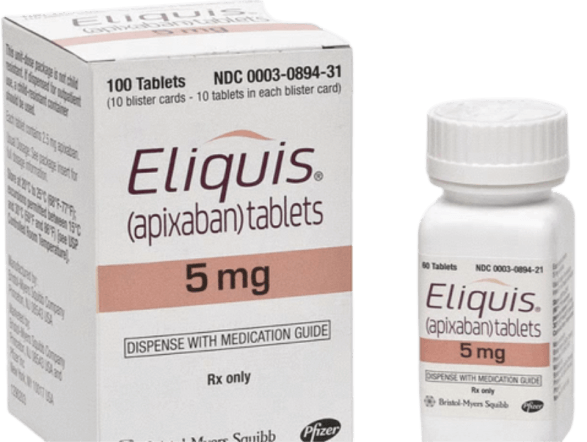
How Does Eliquis Work?The anticoagulant apixaban serves as Eliquis' dynamic mending. Blood undergoes a series of synthetic reactions when it aggregates, which cause it to change from a fluid into a thick gel. A protein known as factor Xa is a crucial component of this interaction. Apixaban dynamic fixing binds to factor Xa and inhibits its action, lowering the risk of blood cluster formation. What are Eliquis Dosages Available?Eliquis has two strengths: 2.5 mg pills and 5 mg tablets are available. Eliquis is taken orally twice a day at a dose of 5 mg. The appropriate measures will be decided by the condition being treated, your age, weight, and renal capacity. Eliquis starts functioning within 3 to 4 hours of taking your most noteworthy portion. Always notify a medical services expert of any changes to your portion so they can examine and analyze your situation. If Eliquis (apixaban) is stopped too soon, there is a greater risk of blood clumping or a stroke. If you forget a chunk, take it when you remember it. Eliquis Side Effects:-The most well-known side effects associated with bleeding are:
Serious side effects that may develop after using Eliquis include:
Eliquis Alternatives1. Coumadin or Jantoven (Warfarin)Warfarin (Coumadin, Jantoven), a vitamin K antagonist, prevents the blood coagulation pathway from accessing enough vitamin K to produce the thickening variables II, VII, IX, and X. In your open veins, this inhibits the blood's ability to clump or form large blood clusters. 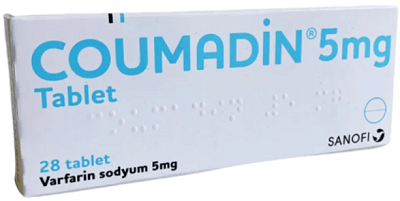
It is crucial to have a low vitamin K intake in your diet so that your PCP can determine the ideal daily dose of warfarin. Regular blood tests will be performed on you so your primary care physician can monitor the effects of your portion size and eating habits. The international normalized ratio test, or INR, will likely be used by your primary care physician to determine how effectively your blood can cluster. Coumadin is Recommended for Those who:
2. Xarelto (Rivaroxaban)Xarelto inhibits blood clotting and is beneficial in treating or preventing disorders where blood clotting is a problem (such as atrial fibrillation, DVT, and PE); nonetheless, it can cause serious bleeding. However, an antidote (Andexxa) is now available. Xarelto is the only DOAC with a suspension formulation currently approved to prevent blood clots and blood clot-related events in children aged 2 years and older who have had the Fontan procedure for congenital heart disease. Atrial fibrillation is supported to be treated with Xarelto, which includes the dynamic fixing rivaroxaban. In contrast to Eliquis, it is often used to lower the risk of cardiovascular problems, respiratory failure, and stroke in those with coronary artery disease. Due to its once-daily dose, Xarelto may be preferred to Eliquis. 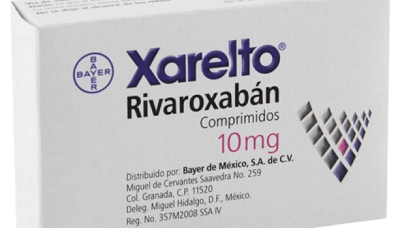
Usage:-
Side Effects:-
3. Pradaxa (dabigatran)Like Eliquis, Pradaxa is an oral anticoagulant used to treat atrial fibrillation. Dabigatran is the name of Pradaxa dynamic fixing. Your blood is kept from clotting thanks to an anticoagulant, which makes your blood supplier. Dabigatran inhibits thrombin from operating. Pradaxa causes dabigatran particles to enter your bloodstream, which binds to thrombin at the time of ingestion. As a result, thrombin cannot function, and a stage of the thickening mechanism is blocked. 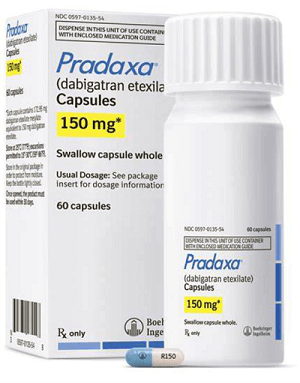
In contrast to Eliquis, the dosage of Pradaxa does not need to be altered in patients with liver problems. Pradaxa is also safe for use in children 8 years old and older. Usage:-
Side Effects:-
4. Savaysa (Edoxaban)Savaysa includes the dynamic fixing edoxaban and functions as a component Xa inhibitor, similar to Eliquis, but only has to be taken once a day rather than twice daily. When a person has moderate to severe liver problems, savaysa is not recommended. 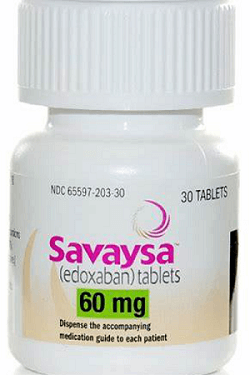
Usage:-
Side Effects
5. HeparinHeparin infusion is an anticoagulant medication used to reduce blood thickening and also helps prevent harmful clots from forming in the veins. Although Heparin will not remove blood clots that have already formed, it may prevent blood coagulations from expanding and creating more serious complications. 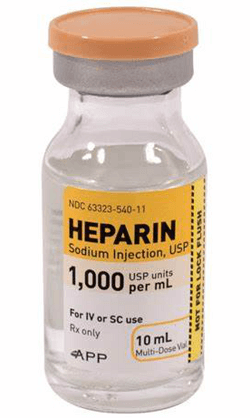
Usage:-
Side Effects:-
6. Low Molecular Weight Heparins (LMWH)Low molecular weight heparins are more predictable and last longer, so your doctor won't need to monitor them as frequently as other anticoagulants, such as warfarin. Dalteparin (Fragmin) and enoxaparin are low molecular-weight heparin medications (Lovenox). Depending on your body weight, doctors will prescribe a predetermined dose. You administer this drug intravenously. 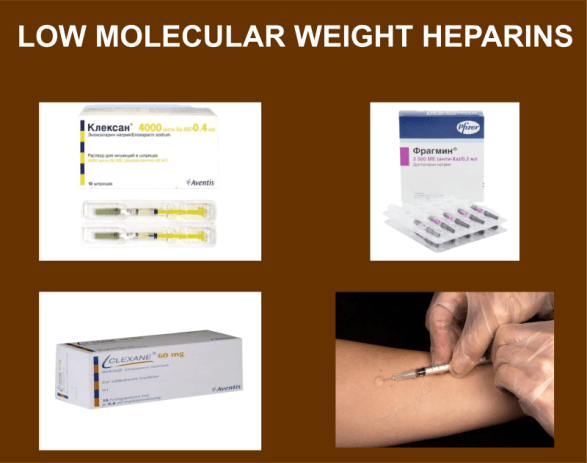
7. AspirinAspirin decreases pain and inflammation while also aiding in blood thinning. It is used to treat and prevent a variety of disorders. Higher doses are connected with stomach discomfort and an increased risk of bleeding. 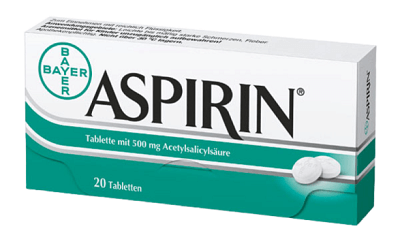
Angina, Ankylosing Spondylitis, Prophylaxis of Angina Pectoris, Antiphospholipid Syndrome, Ischemic Stroke, Heart Attack, Pain, Prevention of Thromboembolism in Atrial Fibrillation, Spondyloarthritis, Transient Ischemic Attack, Aseptic Necrosis, Back Pain, Fever Prophylaxis for Ischemic Stroke Prophylaxis for Juvenile Rheumatoid Arthritis, Kawasaki Disease, Myocardial Infarction, Osteoarthritis, Niacin Flush Prosthetic Heart Valves Thrombosis Prophylaxis, Mechanical Valves Thrombosis Prophylaxis, Revascularization Procedures Thrombosis Prophylaxis Thromboembolic Stroke Prophylaxis, Rheumatoid Arthritis, Sciatica, Systemic Lupus Erythematosus. ConclusionSome medications may interact negatively with blood thinners, leading to significant issues. Describe to your healthcare physician every medication you take. This covers over-the-counter medications, vitamin K supplements, minerals, and herbal supplements. When switching from one medication to another, it is necessary to get medical advice from a cardiologist or other healthcare provider.
Next TopicGoogle Voice Alternatives
|
 For Videos Join Our Youtube Channel: Join Now
For Videos Join Our Youtube Channel: Join Now
Feedback
- Send your Feedback to [email protected]
Help Others, Please Share









